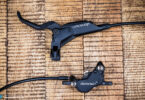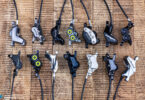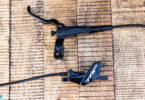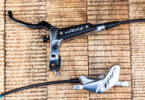Privateer’s first bike, the radical 161 enduro sled, is a sick bike. Championing affordable prices and a bomb-proof build, it quickly became popular among the core riding scene. However, due to its radical geometry, the 161 was pigeonholed into a very niche market. With their new 141 trail bike, Privateer promise to bring accessible thrills to a wider audience of shredders!
Privateer are a young brand, springing onto the scene recently with their 161 enduro race bike. The bike combined radical geometry, a race-ready spec and an eye-opening affordable price. However, its radical geometry was a double-edged sword for the 161, as the ultra-steep 80° seat angle pigeonholed the bike into a rather niche market, right on the edge of the performance/versatility balance. Now, a year later, Privateer Bikes are back with a new model: enter the Privateer 141 trail bike!

Sticking to their ethos, Privateer wanted to keep the new 141 affordable. As with the 161, they achieved this by using as much off-the-peg tubing as possible for the frame, thereby saving money in order to spec better components at a more aggressive price point.
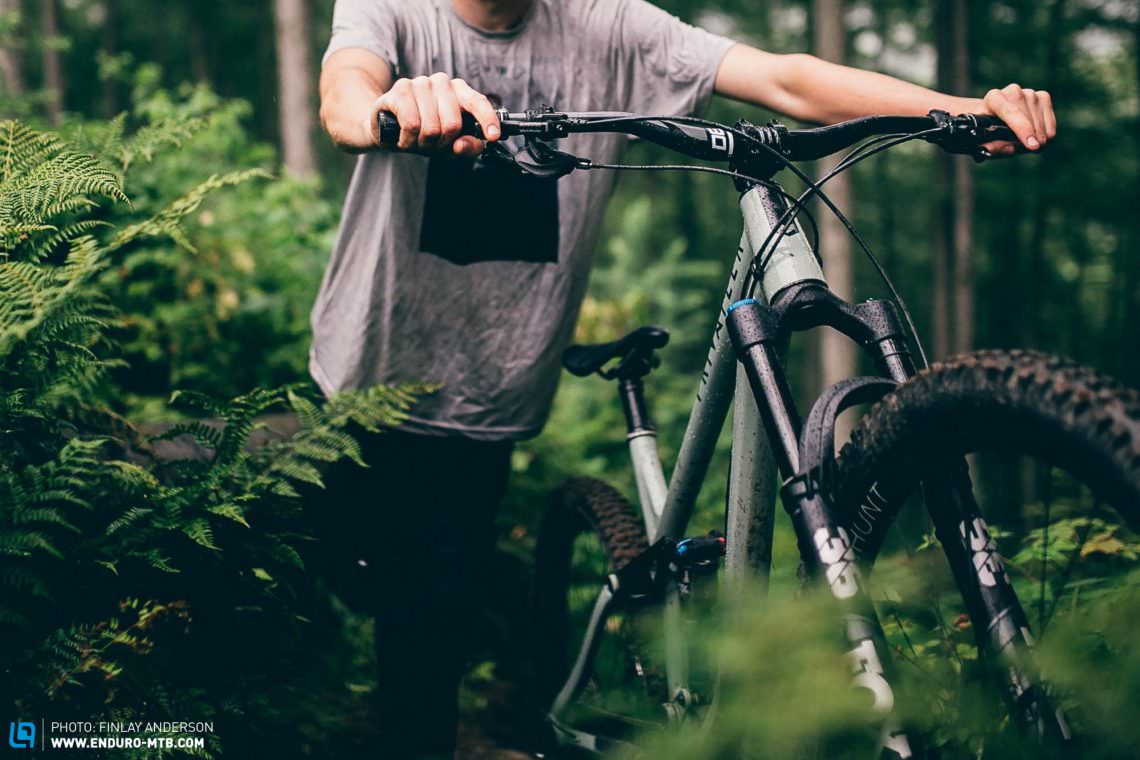


So what is the Privateer 141 all about?
With the all-new Privateer 141, the UK brand is bringing its affordable performance to a wider audience. With less travel, less extreme geometry and an equally impressive price, the 141 is the Privateer for riders who want an aggro trail bike to handle it all.
Privateer 141
€ 3,489
Specifications
Fork FOX 36 Performance Elite 150 mm
Rear Shock FOX DPX2 Performance Elite 141 mm
Seatpost OneUp V2 Dropper 180 mm
Brakes Magura MT5 203/180 mm
Drivetrain Shimano SLX 34/10-51
Stem Race Face Aeffect R 40 mm
Handlebar Race Face Turbine R 800 mm
Wheelset HUNT Trail Wide 29"
Tires Schwalbe Magic Mary/Hans Damf 2.4"
Technical Data
Size P1 P2 P3 P4
Weight 14,9 kg
Once again, the spec of the Privateer 141 looks to be perfectly suited to the bike’s intentions. While nothing about its no-frills spec screams bling, every component manages to balance performance and price perfectly. For example, the FOX 36 Performance Elite may not have a flashy Kashima coating, but its GRIP2 internals are bang up to date, matching FOX’s flagship models. The same can be said for most of the build, like the FOX DPX2 Performance Elite shock, the Shimano SLX/XT drivetrain and the powerful yet affordable Magura MT5 brakes.
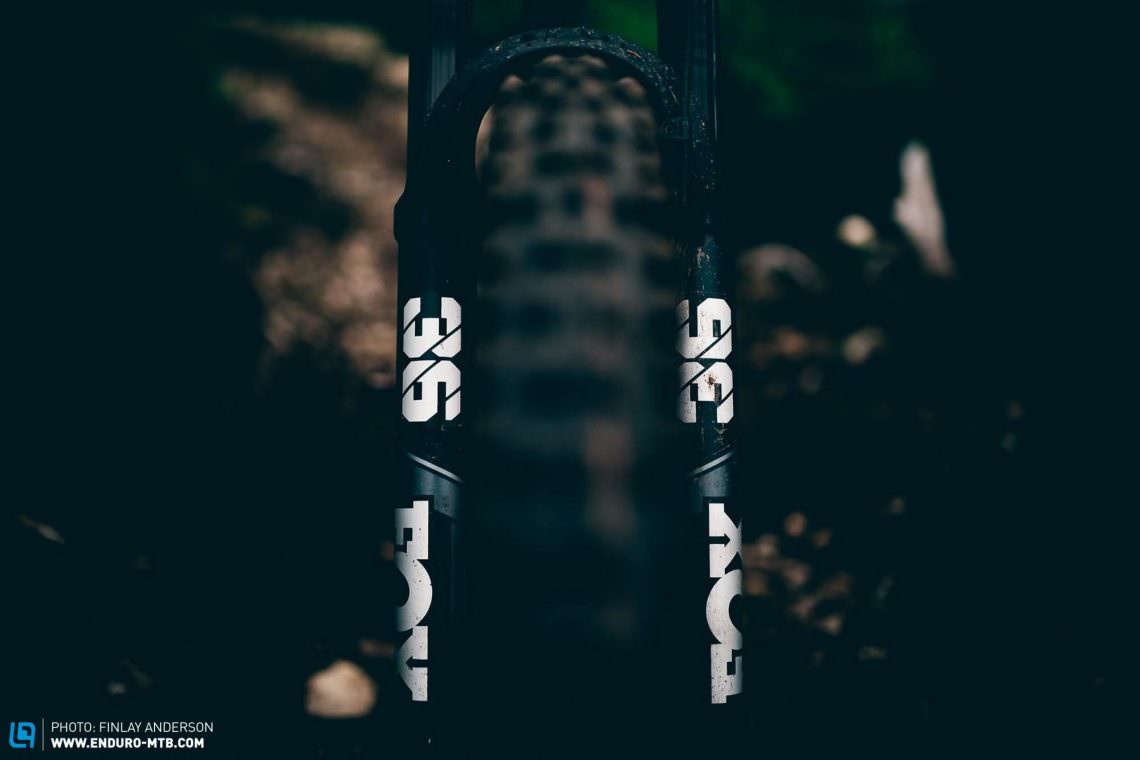

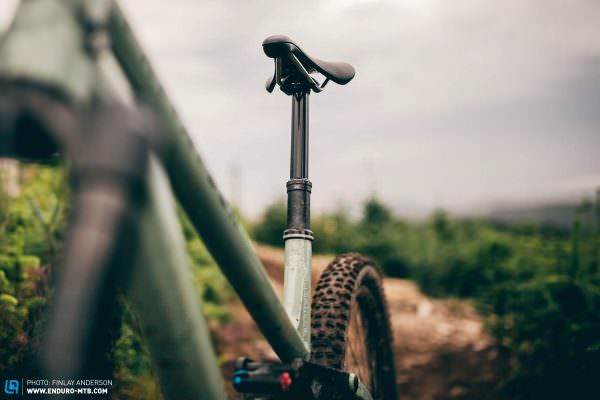


While nothing about the spec screams bling, every component manages to balance performance and price perfectly
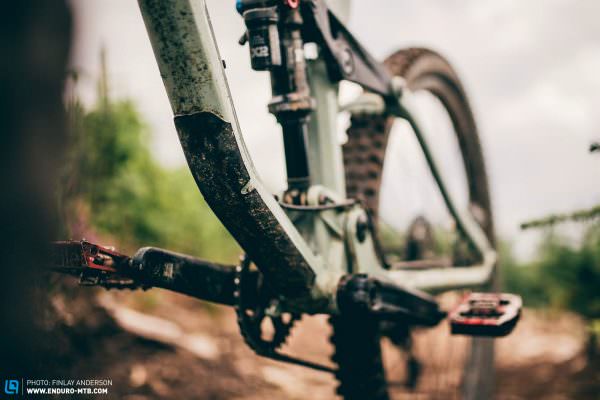

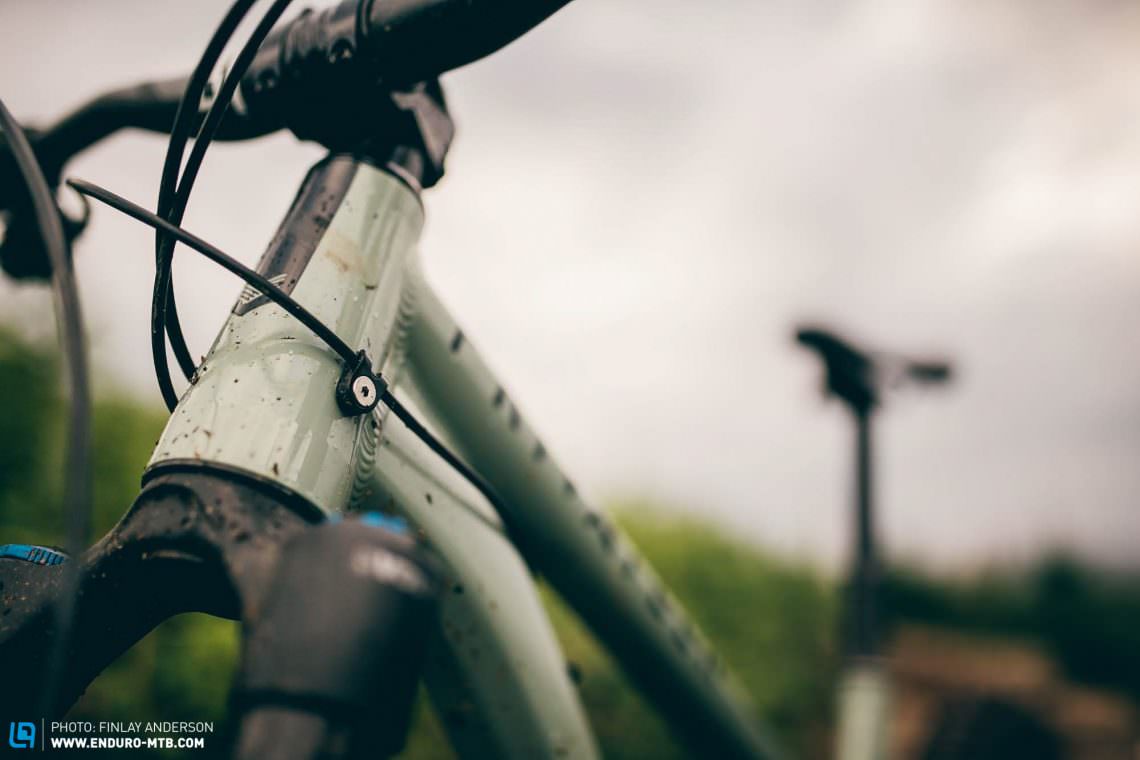
The geometry of the Privateer 141
Privateer really pushed the envelope with the geometry of their 161 race bike. So much so, that the bike actually became too niche for a lot of riders. While the geometry of the new Privateer 141 is by no means conservative, it has been dialled back somewhat in comparison to the 161, allowing it to appeal to a wider audience of riders looking for all-round performance as well as rowdy shredding.
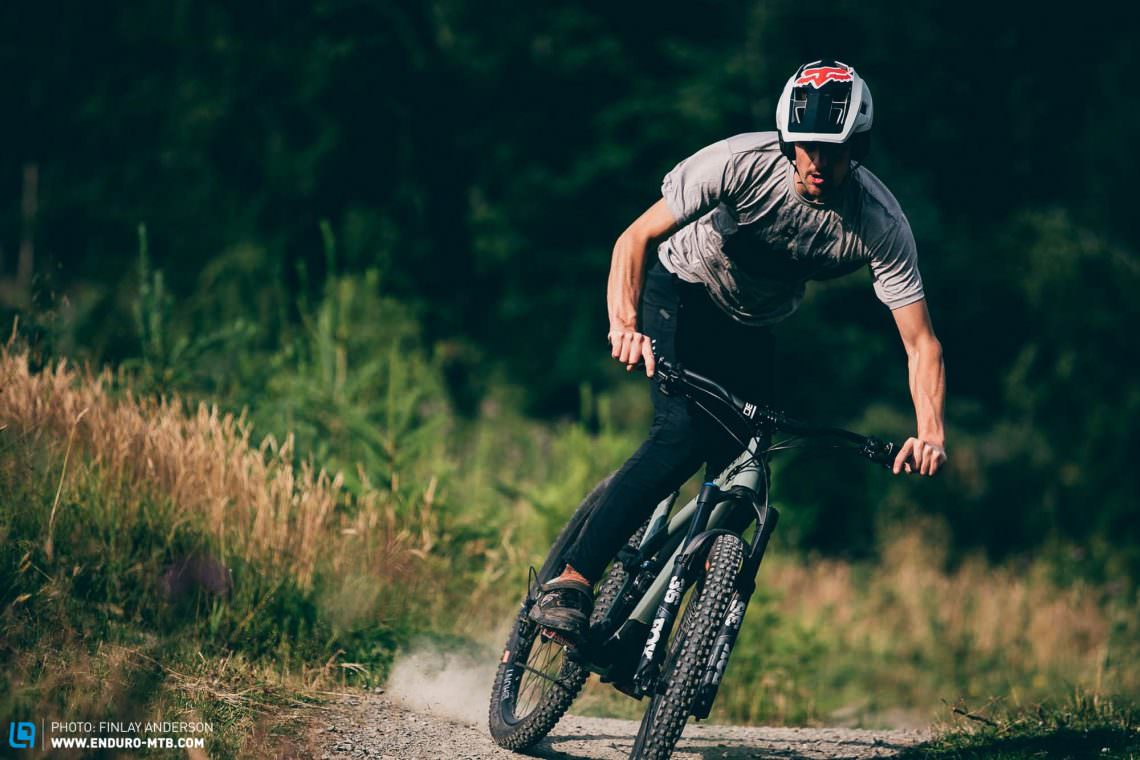
The geometry of the Privateer 141 is by no means conservative. It’s all about ripping trails and having a blast!
The 141 is available in four sizes, P1 to P4. We tested size P3, with a 485 mm reach, 1266 mm wheelbase and 446 mm chainstays. The head angle comes in at a slack 64.5° and the effective seat angle on the P3 size is 78.7°. As with the 161, the smallest P1 size comes fitted with 27.5” wheels, while the three larger sizes (P2-P4) roll on 29” wheels.
| Size | P1 | P2 | P3 | P4 |
|---|---|---|---|---|
| Seat tube | 400 mm | 420 mm | 450 mm | 480 mm |
| Top tube | 559 mm | 590 mm | 612 mm | 639 mm |
| Head tube | 130 mm | 120 mm | 130 mm | 140 mm |
| Head angle | 64.5° | 64.5° | 64.5° | 64.5° |
| Seat angle | 78.9° | 78.8° | 78.7° | 78.7° |
| Chainstay | 434 mm | 440 mm | 446 mm | 452 mm |
| BB Drop | 15 mm | 30 mm | 30 mm | 30 mm |
| Wheelbase | 1197 mm | 1236 mm | 1266 mm | 1301 mm |
| Reach | 440 mm | 465 mm | 485 mm | 510 mm |
| Stack | 607 mm | 628 mm | 637 mm | 646 mm |

So how does the geometry of the Privateer 141 compare to its race-bred sibling? Well, while the numbers aren’t a world apart on paper, it’s the small changes that add up to make a difference. The seat tube angle has been relaxed slightly, the head angle is 0.5° steeper and the reach and wheelbase have also shrunk a little. Will these tweaks add up to give the 141 more trail-friendly geometry? Read on to find out.
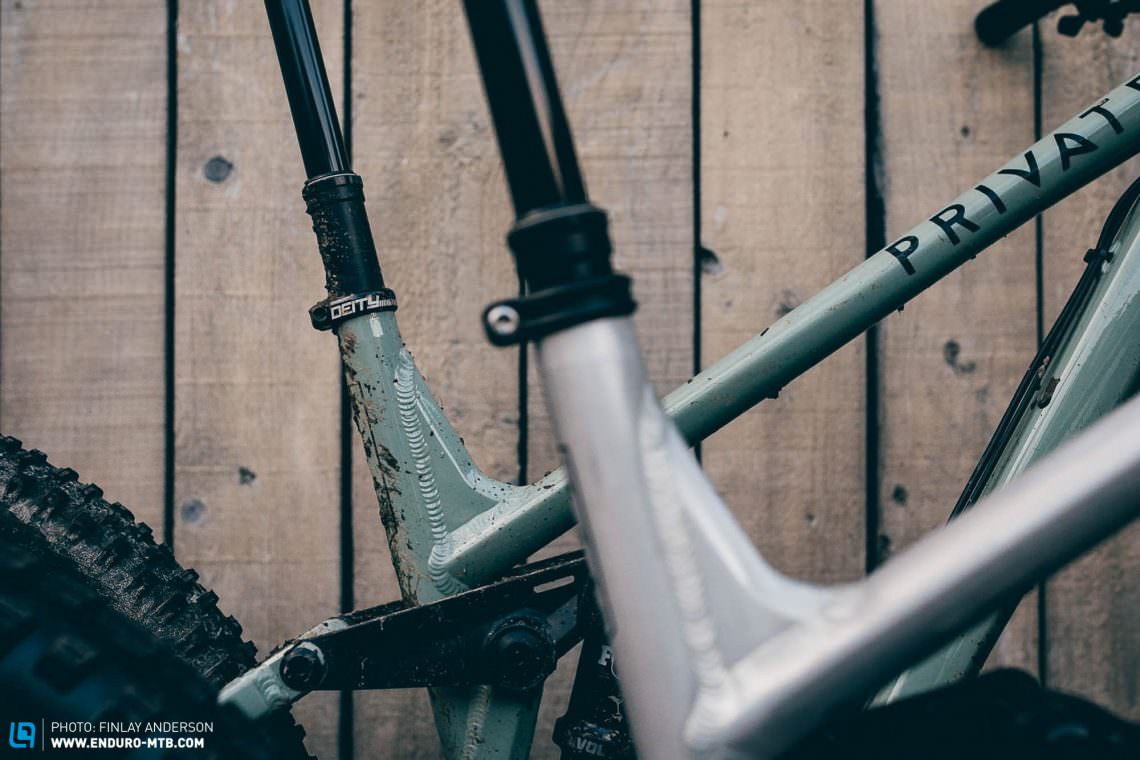
Riding the Privateer 141
After the 161’s impressive performance, we were itching to try out Privateer’s new trail bike. When the pre-production model arrived, we immediately fell in love with its pistachio green finish and low-slung looks. It’s safe to say the Privateer 141 looks like an absolute trail rocket, so we built it up and hit the trails!
Spinning up the first climb of the day we were pleasantly surprised by the 141’s pedalling position. The 78.7° seat angle is certainly steep but we feel it hits the sweet spot between a comfortable pedalling position and the very niche liaison-smashing position of the 161’s 80° seat tube. Like it’s longer travel sibling, the 141’s suspension offers good support and a very stable pedalling platform, keeping pedal bob to an absolute minimum. While at 14.9 kg it may not be the lightest trail bike, the 141 accelerates well and feels taut and snappy when sprinting.
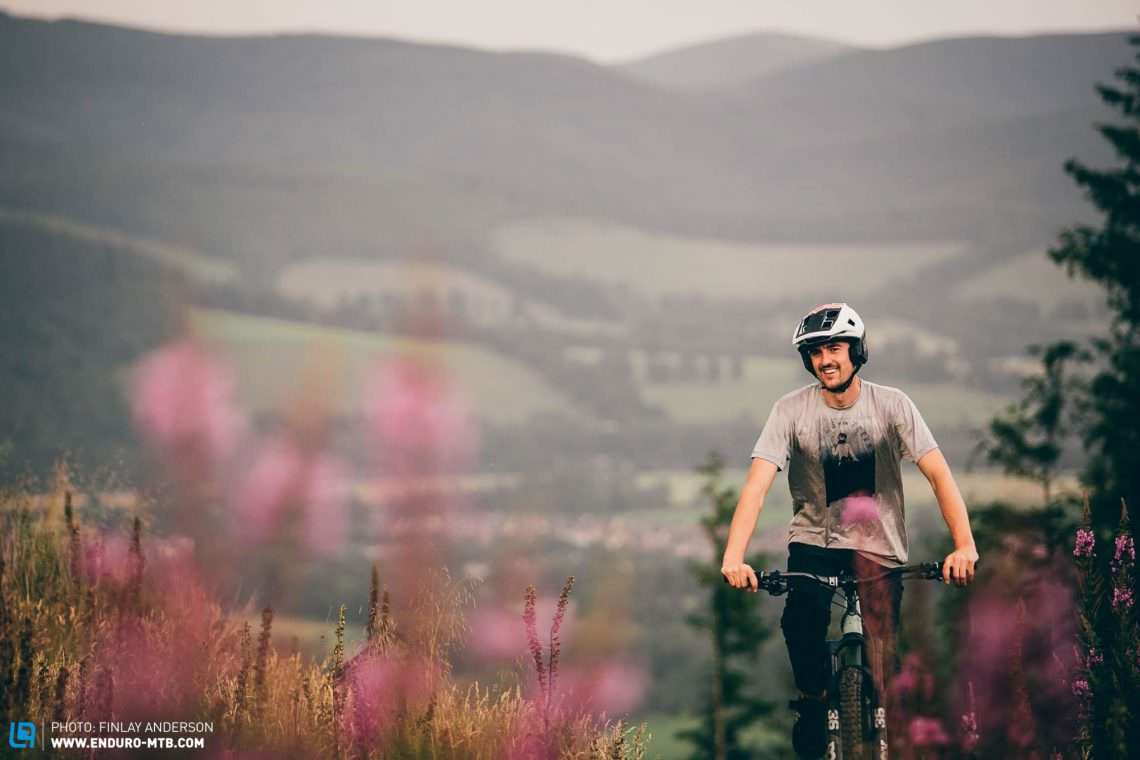
Drop into flowing trail centre terrain and the 141 comes alive, thrashing through snappy berms like a stripped-out hot hatchback rallying along a windy B-road. It’s exhilarating! Controlled by the FOX DPX2 Performance Elite, the Privateer’s Horst Link suspension delivers loads of mid-stroke support and a bucket-load of pop, allowing you to gap out of even the tightest berms and find new doubles (or triples) on every trail. No matter how hard you rail a corner, the 141’s rear end still has support left to give, ready to fire you out of any compression like a bullet from a gun.
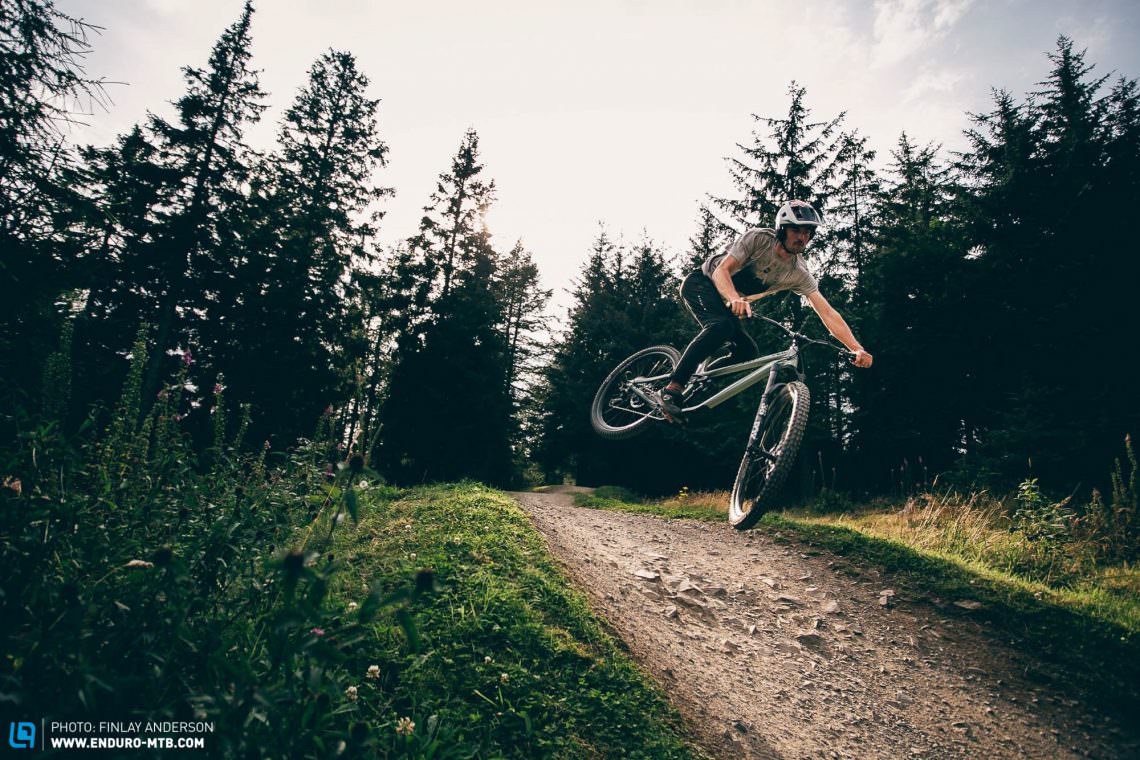
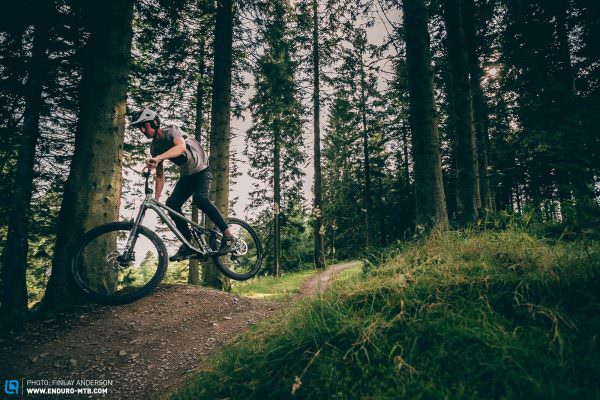


Blown away by the 141’s impressive trail centre domination, we took it off the beaten track to test its mettle in deeper waters. We struggled to find a trail that was outside the 141’s capabilities. However, once a certain level of ‘gnar’ is on the table, the 141 requires some muscle to maintain its line. Its supportive suspension does a great job of providing grip but it gives the rider a lot of feedback, rather than isolating them from the trail. This trait is great for experienced riders but some may find the 141’s engaging ride a little daunting, especially on rough trails.
While the Privateer’s geometry is more than capable of tackling any trail we can think of, the supportive 141 mm rear travel eventually finds its limit. We managed to harshly bottom out the 141 on a couple of really big hits, though in its defence, we were hitting lines and sending gaps usually reserved for 170 mm travel enduro rigs.
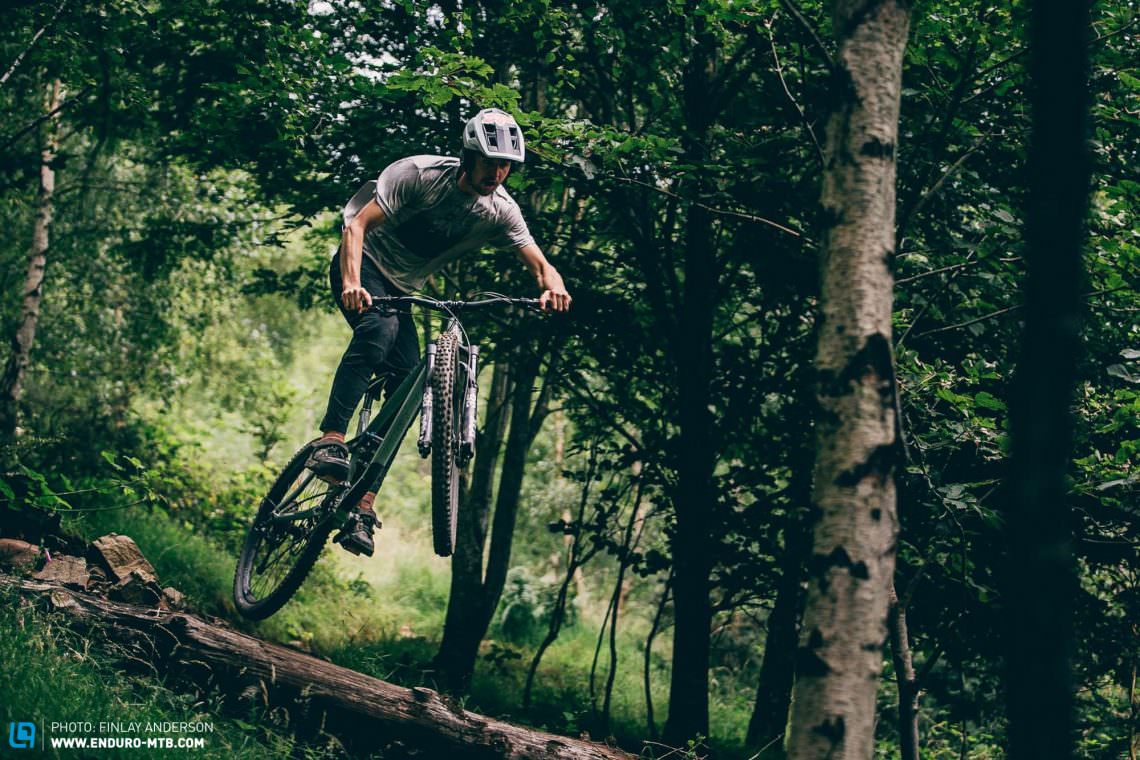
We never found the limit of the 141’s low-slung geometry. Instead, it’s the short travel that is the limiting factor on highly demanding terrain.
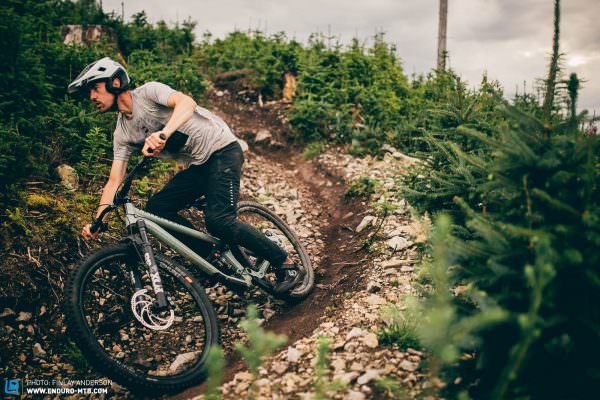
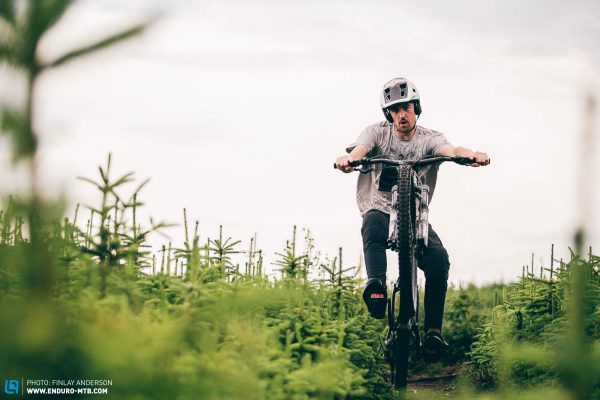
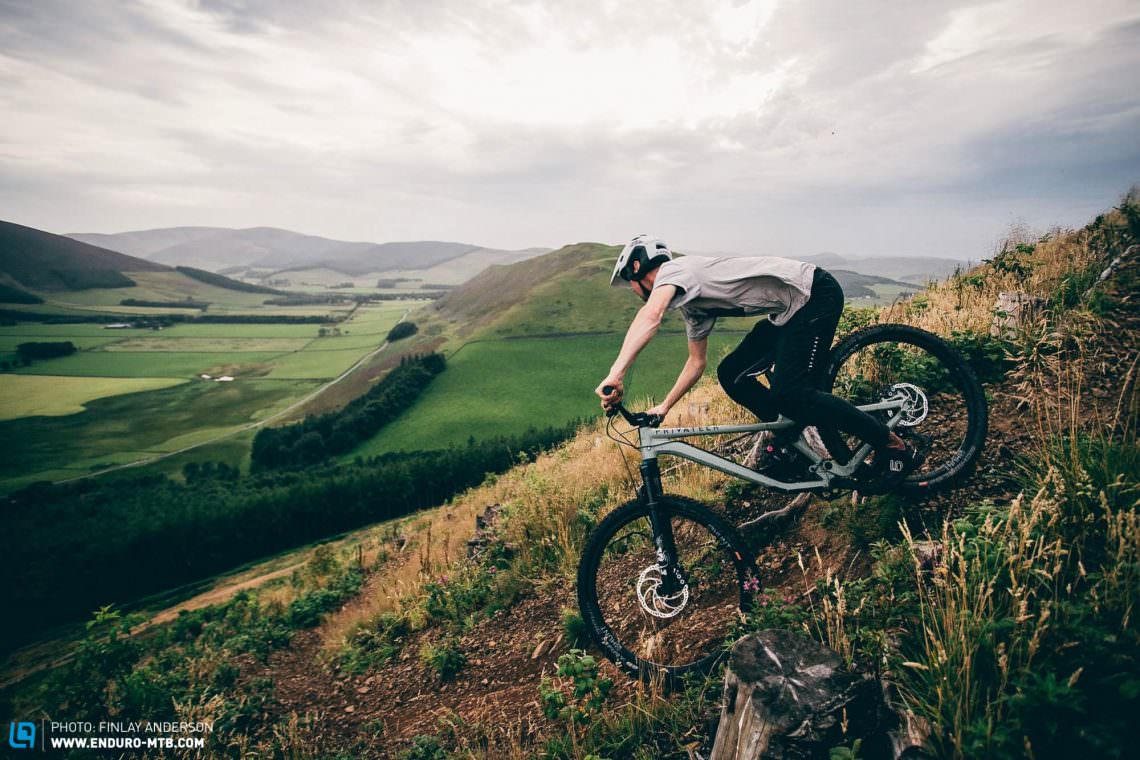
On the trail, it’s hard to pick holes in the Privateer 141’s bombproof spec. The suspension is dialled, the brakes are powerful enough to deal with the 141’s need for speed and the finishing touches (like the 180 mm OneUp V2 Dropper) are all well thought out.
Conclusion
So, who is the Privateer 141 for? Is it a worthy addition to the brand’s lineup? Does it live up to the hype? Well, if you’re after a snappy, responsive, do-it-all trail bike with a well-thought-out spec and a riotously fun ride at an attractive price, the Privateer 141 should be high on your list! While it won’t appeal to riders seeking a docile ride or an XC rocket, anyone who loves riding actively will have a blast on this bike. Fast, flowy tracks are where the 141 truly shines, but, if you can make the 141 mm travel work for you, the Privateer’s geometry will take whatever you can throw at it!
Tops
- Low-slung geo feels amazing on the trail
- Well thought out spec at a great price
- Very versatile and fun on any trail
Flops
- At 14.9 kg (Size P3), it’s no lightweight
For more information visit privateerbikes.com
Did you enjoy this article? If so, we would be stoked if you decide to support us with a monthly contribution. By becoming a supporter of ENDURO, you will help secure a sustainable future for high-quality mountain bike journalism. Click here to learn more.
Words & Photos:




